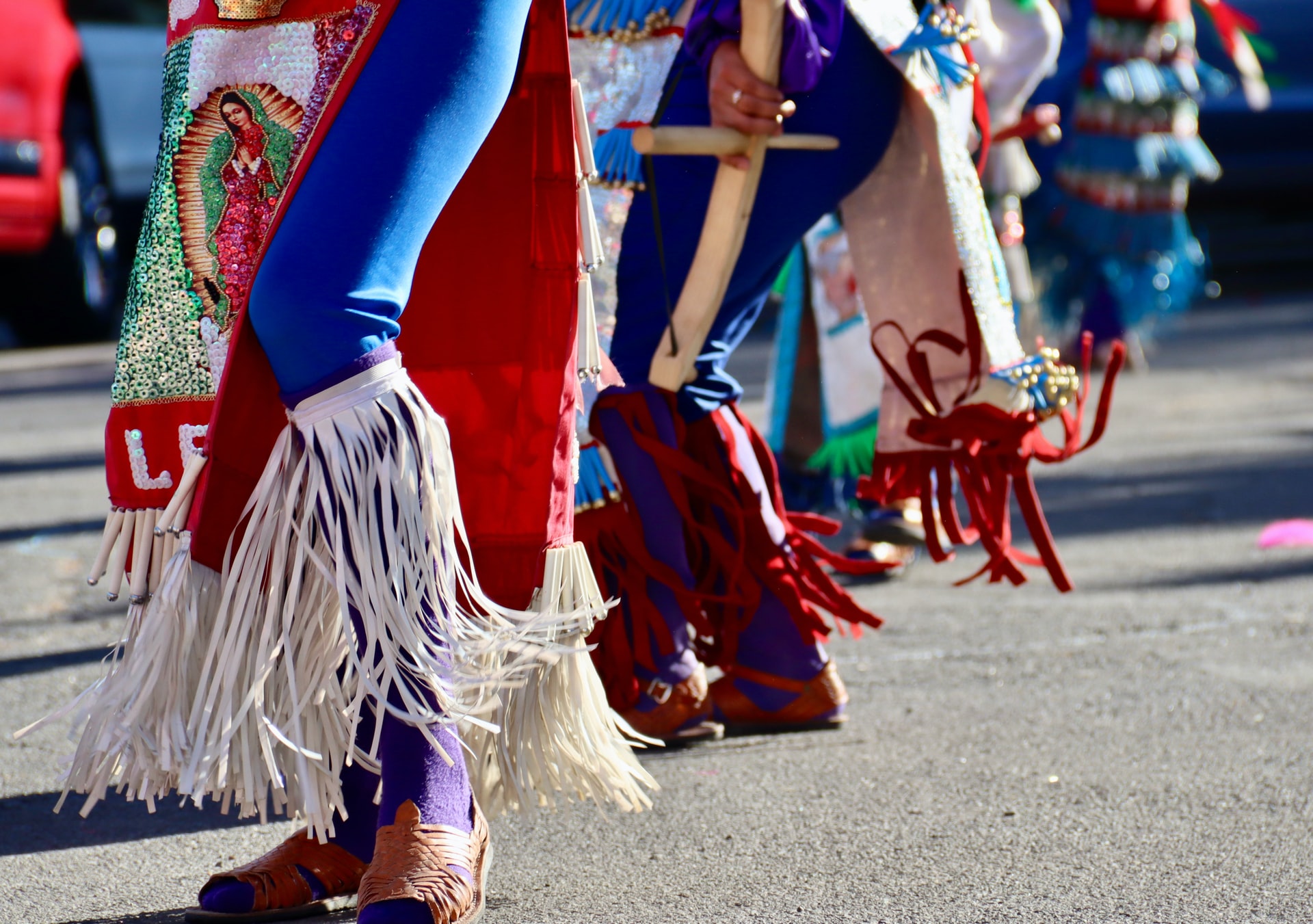- About
- Topics
- Picks
- Audio
- Story
- In-Depth
- Opinion
- News
- Donate
- Signup for our newsletterOur Editors' Best Picks.Send
Read, Debate: Engage.

There are over 476 million indigenous people around the world, spread out in 90 countries, each group of which harbours rich cultures, unique languages and important knowledge about human beings and the natural world. Without due recognition, they have pioneered many advancements on fronts such as medicine, agricultural sciences, psychology and nutrition.
Despite this, indigenous groups face high levels of discrimination and stigmatisation by other cultures and governments. They often confront limited access to healthcare and education, inexistent representation in governments and are subject to violent displacements from their lands. This attitude is a remnant of the colonial mindset, by which the white world, arrogantly believing itself more advanced, murdered, pilfered and oppressed indigenous communities, engendering widespread destructions of the environment and drastic losses of knowledge and culture.
It is time to tackle the centuries of white supremacy, institutional racism and societal discrimination - otherwise the challenges we and subsequent generations face cannot be overcome. Indigenous peoples are part of the solution to problems such as the inequality of the masses and problems with the education systems. Just look at how indigenous groups enforce equality in their communities and emphasise the value of teaching life skills in addition to education.
Moreover, as the populations most in-touch with the natural world, indigenous communities bring invaluable knowledge for the fight against climate change. Unfortunately, they are also typically the first-affected by climate catastrophes, but are also using their ancestral wisdom to create climate resilience techniques to adapt to the changing world, as well as to nurse the planet back to health. The extreme value of their erudition on sustainable agriculture are finally being recognised at a crucial time when food and water insecurity are rising.
Indigenous Peoples Day 2022, as observed by the United Nations on 9 August, highlights the importance that women within their indigenous communities have in the generational and cross-cultural transfer of traditional wisdom. It seeks to provide a platform for indigenous women, who are often the guardians of scientific knowledge, the protectors of environments and the frontline warriors fighting for the rights of indigenous people around the world.
From the Indigenous Reclamation movement, by which communities seek to repossess their stolen land and reestablish the importance of their cultures, to the mass genocides of indigenous groups in Africa and the displacement of other communities in South America, our dossier provides an overview of the issues that indigenous peoples face today. It also highlights the crucial information that these communities possess on sustainable agriculture and water management, and on equitable and holistic educational systems.
Image by Ken kahiri.